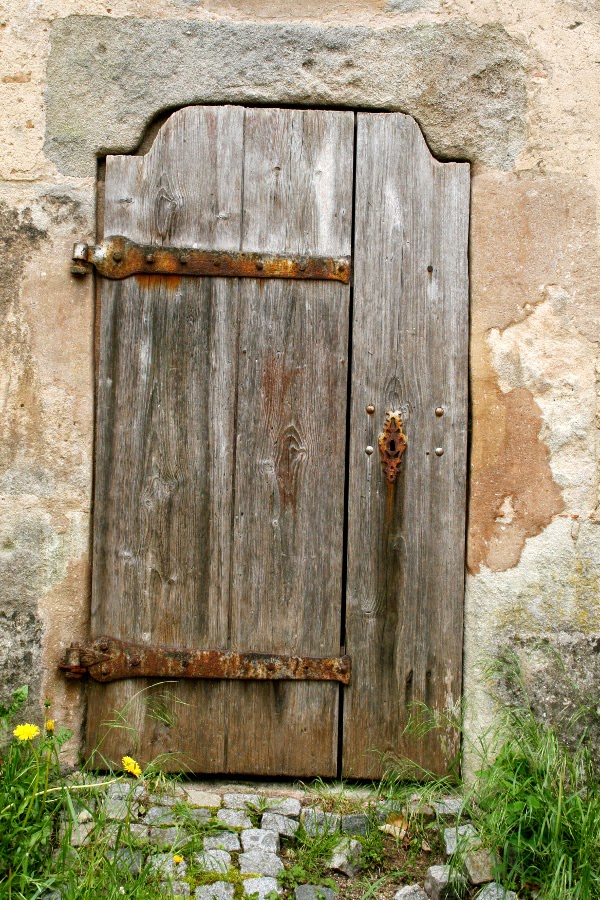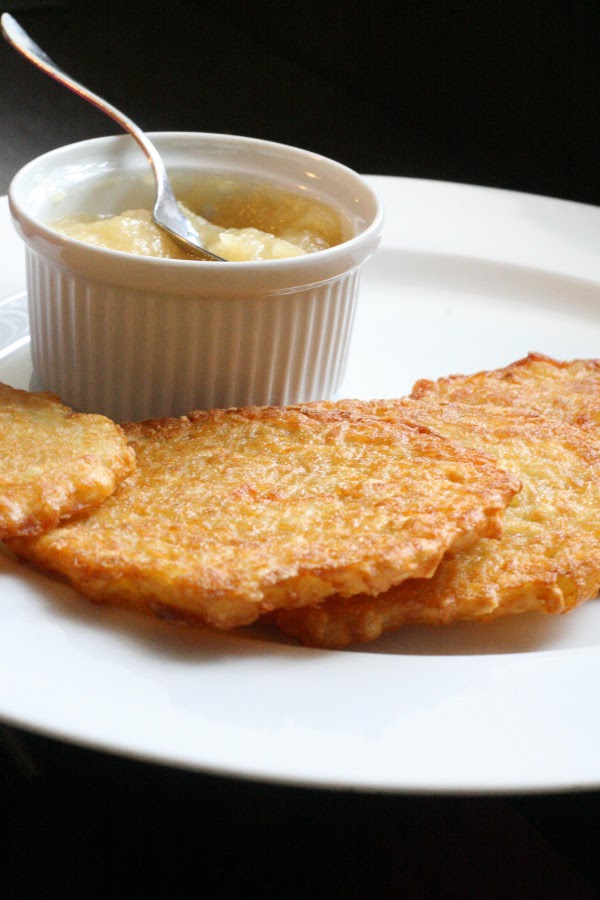

May Day comes from the Celtic festival of Beltaine, which was aimed at encouraging fields and crops and trees to produce well. Now, May Day is just a fun way to celebrate the end of the long, dark winter nights.
"The beauty of a town's maypole is a matter of pride. "Experts" carefully select and fell a tall, beautiful tree. Artisans paint and decorate the maypole, complete with craftsmen's crests, a wreath and long ribbons for the dance. The men of the town raise the maypole on April 30, a sometimes difficult job because they can be as tall as 90 feet. The men use a system of hoists made of smaller, stripped-bare trees to heave the pole into place.
Climbing of the maypole is another matter of pride. Men show off their prowess by shimmying up the tall, polished tree without the benefit of handholds.
Rival towns typically try to steal other towns' maypoles. This happens so frequently that towns have started guarding their maypoles from the time the tree is felled until the end of May Day festivities. The best known theft involved a helicopter and "copious" amounts of beer and food as ransom."

























































